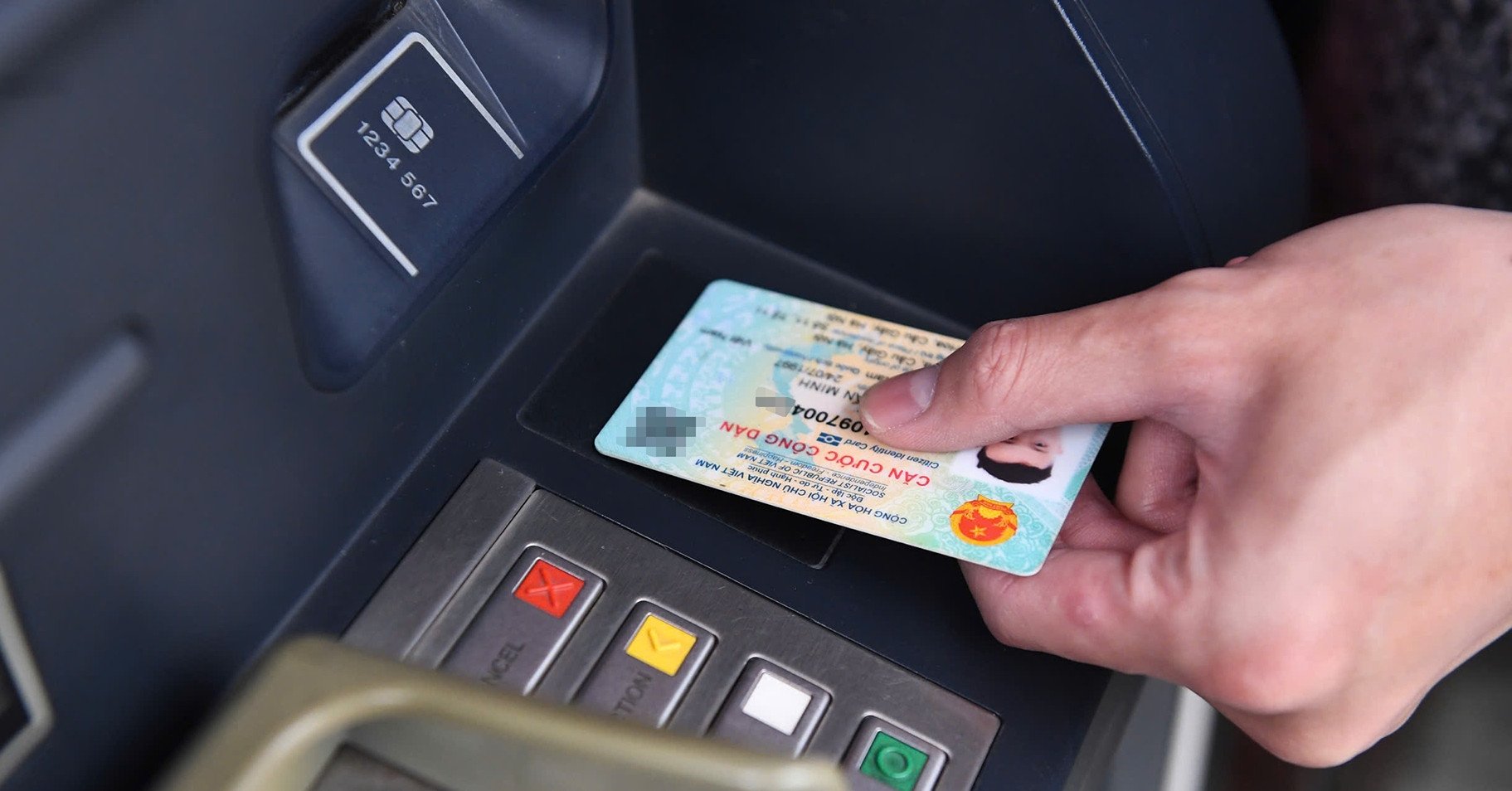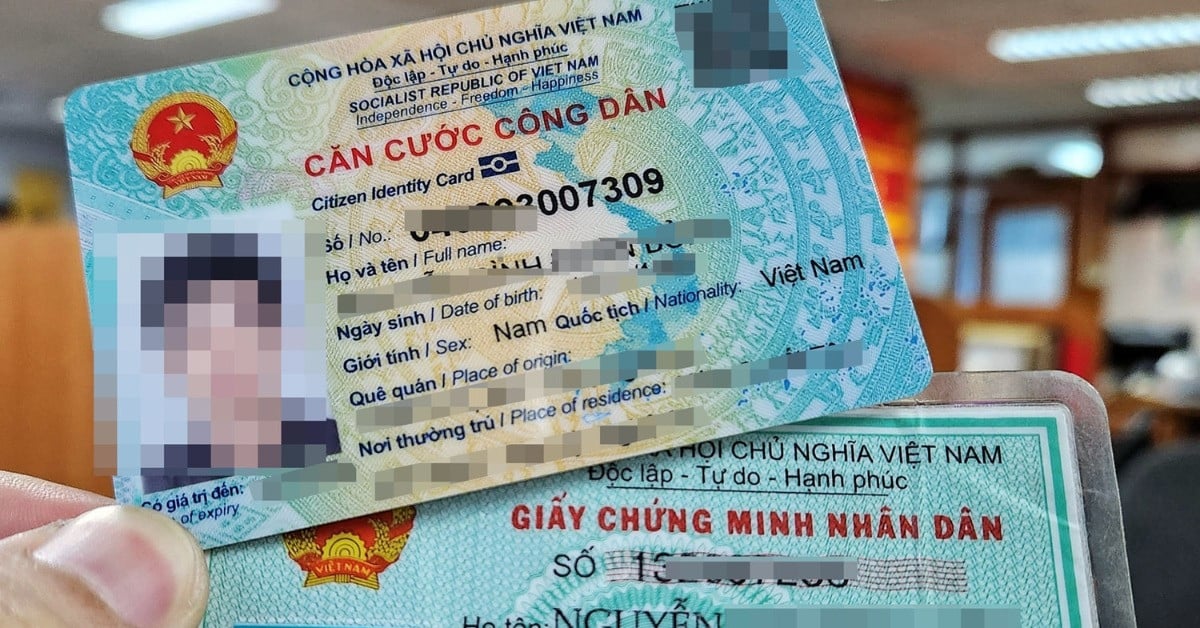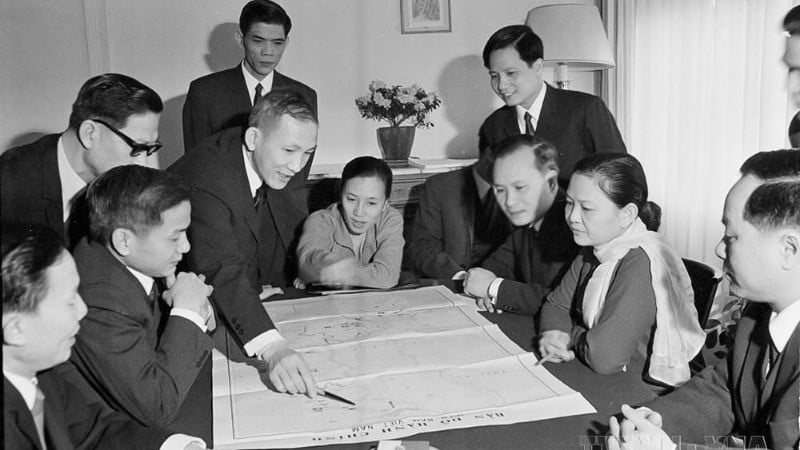According to Article 19 of the 2023 Law on Identification, a person who is granted an identification card in Vietnam must be a Vietnamese citizen.
Article 19 also stipulates that Vietnamese citizens aged 14 and over must carry out procedures for obtaining an identity card and Vietnamese citizens under 14 years of age are granted an identity card upon request.
In addition, Article 26 of the 2015 Civil Code stipulates: A person's full name is determined by his or her given name at birth. An individual's full name is determined by the father's or mother's full name according to the agreement of the parents.
Thus, in the case of a child whose father is a foreigner and whose mother is Vietnamese or vice versa, the father and mother have the right to give their child the father's or mother's surname. Similarly, giving a child a Vietnamese or foreign name depends on the agreement between the father and mother.

Ngu Hanh Son District Police, Da Nang, completes procedures to issue chip-embedded citizen identification cards to students.
This means that the law allows children who are Vietnamese citizens to have a foreign surname if their father or mother has a foreign surname and the foreign name is also an agreement between the father and mother.
Comparing the above articles and laws, the law stipulates that the person granted an ID card must be a Vietnamese citizen. The procedures for granting an ID card do not include the condition that a Vietnamese citizen must have a Vietnamese surname or Vietnamese given name.
Therefore, if there are sufficient documents to prove that the applicant for an ID card is a Vietnamese citizen, the State agency will proceed with the ID card issuance procedure.
Source: https://vtcnews.vn/lam-can-cuoc-cho-con-co-ten-nuoc-ngoai-duoc-khong-ar911147.html
































![[Photo] "Beauties" participate in the parade rehearsal at Bien Hoa airport](https://vstatic.vietnam.vn/vietnam/resource/IMAGE/2025/4/11/155502af3384431e918de0e2e585d13a)






























































Comment (0)